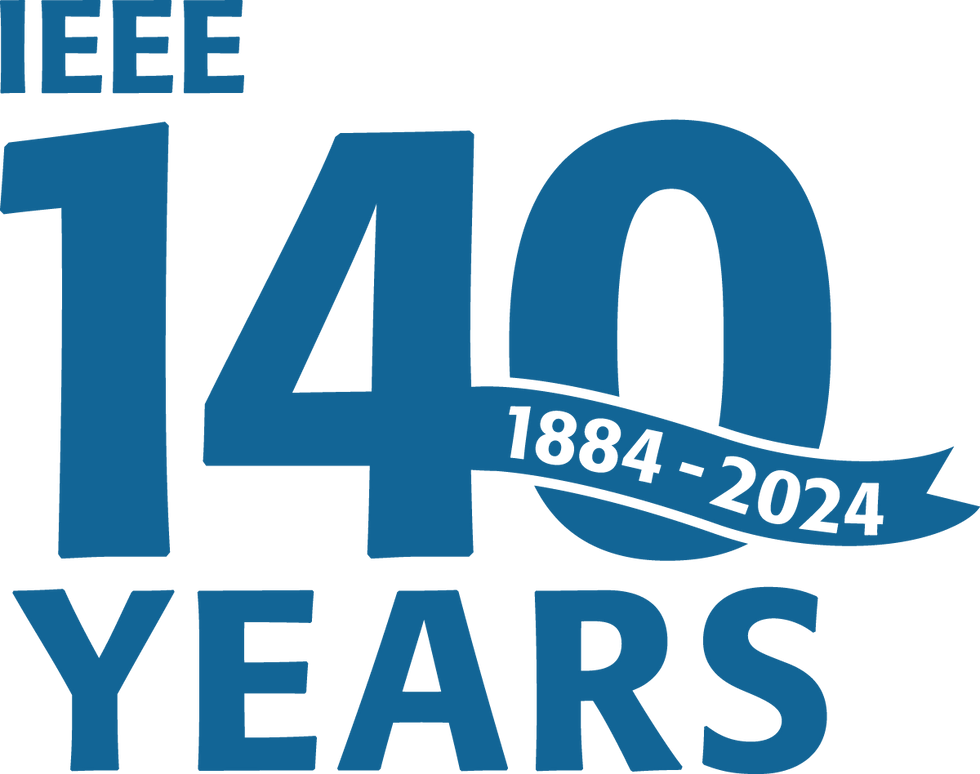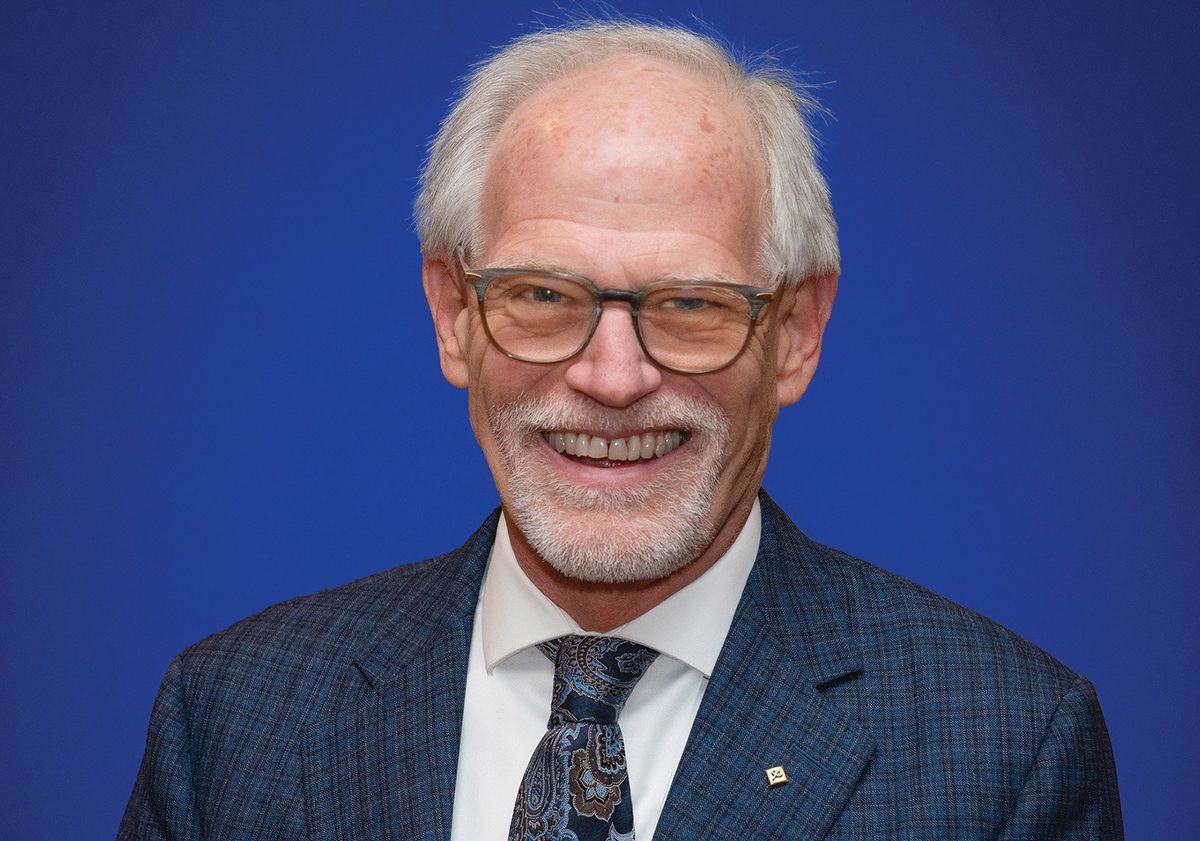If you ask longtime IEEE members why they have remained a member, you will get many different reasons.
For me, IEEE is a community of technological professionals who help each other stay current, develop valuable professional skills, and work together to make the world a better place today and for generations to come.
IEEE provides its members with many benefits and resources. The offerings members get value from can vary depending on what else is going on in their life and their career. I have observed that the more you engage in IEEE and with the people in the community, the greater value you receive from being part of the IEEE.
My membership has allowed me to form many longtime relationships. Some of these relationships have led to work opportunities for me. All of them have enriched my life. Serving in IEEE leadership positions has enabled me to refine my networking and communication skills. These roles also helped me develop leadership skills and gave me opportunities to meet influential people and to expand my network of contacts.
Increasing student membership
IEEE has many university student members but, like other professional organizations, the majority of these student members don’t continue as higher-grade members. For IEEE to remain vital and relevant, we must convert more student members to members and then engage and retain them.
As many new jobs are created in industry, a significant majority of IEEE student members and young professionals begin their careers in industry.
IEEE’s 140th Anniversary

IEEE is celebrating its 140th anniversary this year. Since its origin nearly a century and half ago, IEEE, its members, and volunteers have helped shape the world of technology—from computing and standards to Wi-Fi and cell phones up to the latest AI applications.
This milestone is a chance to recognize the great contributions of IEEE members and volunteers around the world who have made our organization what it is today.
Throughout the year, we will be celebrating the impact IEEE has made not only on the careers of our members and volunteers but also on our everyday lives.
IEEE as a professional organization needs to be equipped to support students, young professionals, and people working in industry, including those from underrepresented groups, by providing relevant training, connections, and other required tools and resources for career success.
We have done well in recruiting student members, but many of them don’t become higher-grade members. We need to convert more of these students to higher-grade members and retain our young professional members longer. To do so we must engage these new members in a way that encourages them to participate in our organization.
If we succeed in this we will retain more of these individuals as members and reverse the aging membership trends in IEEE.
Strengthening IEEE’s connection to industry
IEEE was founded by individuals from industry who used technology to create not only wealth and employment opportunities, but also a better way of life for many people. The practical application of science is what engineers do and applying scientific methods to meet society’s needs is what technology-oriented businesses do. In the past, many of these industries were strong supporters of engineering societies. IEEE needs the continued support of these industries and companies today.
Unfortunately, the number of members from industry has steadily declined. This loss reflects changes in the engineering profession and the practices of companies that employ engineers and technologists.
Many in industry view IEEE as primarily an academic organization focused on publishing research, rather than the practical applications of technology. IEEE needs to provide value to these companies and to their employees. If we continue to lose our connection to industry, we lose our relevance to the people and organizations that generate wealth from technology.
IEEE has a strong connection to its members in academia. For IEEE to provide the greatest value to its academic members, it also needs to maintain strong connections to industry. Industry supports the work being done at universities and hires their graduates.
To achieve its full potential, IEEE must provide value to individuals who put technology into practice, as well as those who develop new technologies. It needs to lead the way in promoting important technological developments, including standards, technology roadmaps, educational opportunities, publications, and conferences, that help drive the future of industry and increase our relevance to those involved in the practical applications of technology.
New task forces
To help get us to where we want to go, I collaborated with colleagues on the creation of two task forces and am encouraging the organizational units that are focused on these specific topics to take the lead in developing action plans.
The Task Force on Engaging Students and Young Professionals in Industry—a collaboration between IEEE Member and Geographic Activities, the Student Activities Committee, IEEE Young Professionals, and the Industry Engagement Committee—will explore new opportunities to meet the needs of those doing the practical work in all aspects of the electrical, electronic, and computing fields. Subhoda Charles, who has been an IEEE member since joining as a student in 2011, is chairing the task force.
IEEE Educational Activities—with support from across the organization—is leading the Task Force on Future of Technical and Engineering Education. It will explore how to best position IEEE as a leader of relevant technical education, as well as consider the potential to expand IEEE’s impact through partnerships with external organizations. IEEE Fellow Karen Panetta, who is deeply committed to IEEE educational activities and IEEE’s honor society, Eta Kappa Nu, is its chair.
—Tom Coughlin
IEEE president and CEO
This article appears in the March 2024 print issue as “Let’s Get Practical.”



